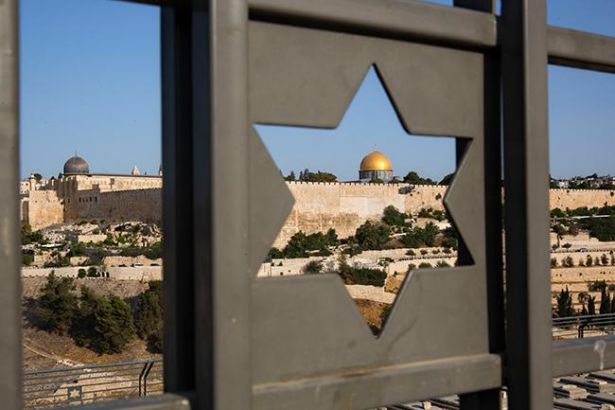Turkish gov't implicitly recognised Jerusalem as Israeli capital despite Erdoğan's rhetoric

Turkey’s President Recep Tayyip Erdoğan said on December 5 that the Turkish AKP government could go as far as breaking off diplomatic ties with Israel if Washington formally recognises Jerusalem as the Israeli capital.
"I am saddened by the reports that the U.S. is getting ready to recognise Jerusalem as Israel's capital. Mr. Trump, Jerusalem is a red line for Muslims," Erdoğan told at a parliamentary group meeting of his ruling AKP party.
Nevertheless, despite his populist rhetoric, Erdoğan’s AKP government implicitly recognized Jerusalem as Israel’s capital when the Turkish government signed an indemnity agreement with its Israeli counterpart following the 'Mavi Marmara-Gaza flotilla raid'.
Israel carried out a military operation in May 2010 on the Turkish Humanitarian Relief Foundation flotilla carrying humanitarian aids to break off the Israeli-Egyptian blockade of the Gaza Strip, culminating in the killing of 10 Turkish activists. The incident ignited diplomatic crisis between Turkey and Israel, as the countries mutually withdrew their ambassadors at the time.
Despite his anti-Israel rhetoric, President Erdoğan stepped back and decided to sign an agreement with Israel in June 2016. The agreement, according to which Israel accepted paying out 20-million dollars to the Turkish government for the compensation of activists injured during the Israeli attack in 2010, was undersigned by both sides as "between Ankara and Jerusalem" instead of "between Ankara and Tel Aviv", partly recognizing Jerusalem as the Israeli capital city.
Moreover, the Turkish government’s decision to suspend military and commercial ties to Israel or to impose trade sanctions were never put into practice during the "diplomatic crisis" following the Mavi Marmara incident.
Turkey enjoyed trade flows with Israel, receiving $3 billion in imported goods while exporting the same financial amount in Turkish goods to Israel in 2014. Israeli-Turkish trade has grown by 19 percent since 2009, while Turkey’s overall foreign trade for the same period grew by 11 percent. The number of Israeli tourists to Turkey also increased by 125 percent at that time.




